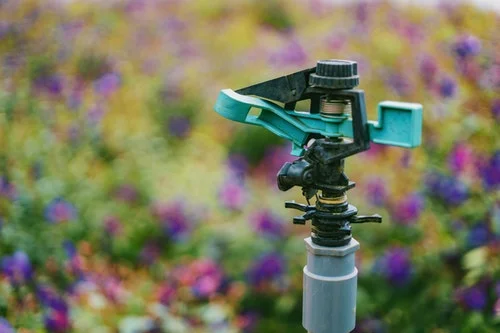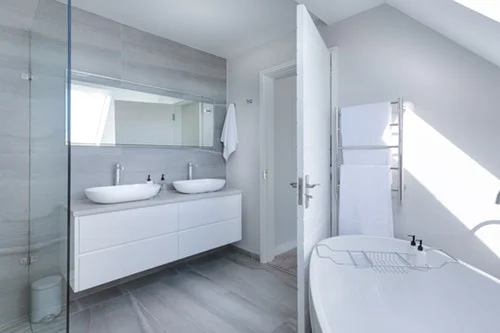5 Home Improvements to Boost Water Efficiency
RH Business Marketing Solutions
5 Home Improvements to Boost Water Efficiency
It's all too easy to forget that freshwater is a finite resource. With the convenience of public utilities, water conservation isn't a top concern in the United States. Even so, it's one of the most pressing issues of the 21st century, especially when you consider the EPA's findings.
The average family can waste as much as 180 gallons of water each week from household leaks. These leaks account for approximately 900 billion gallons of water waste across the nation each year. As context, that's equivalent to the annual household water usage of 11 million homes.
Clearly, the subject of water conservation demands attention. If the average family is losing that much from leaks alone, how extensive is the problem? More than that, what can you do to alleviate pressure on the country's water resources and participate in conservation efforts?
Here are five home improvements that can increase water efficiency.
1. Rainwater Collection Systems
The strategic placement of special barrels on your property can capture rainwater and reduce your water usage. Many towns and cities distribute these barrels to residents during annual sales, so check if your area participates. You can also purchase them from online retailers and home and garden supply stores.
However, it's essential to note that rainwater can pick up pollutants as it runs over the surface of your roof. If you're thinking about using rain barrel water on edible plantings, you should research the subject in greater detail and take the proper precautions. It's an essential preliminary measure.
2. High-Efficiency Sprinklers
Many sprinkler systems consume far more water than necessary to maintain your lawn and garden. When the water pressure is too high, the system will mist the air instead of providing a proper flow to soak the ground. As the mist evaporates, your plants receive less nourishment and your water efficiency plummets.
Fortunately, a high-efficiency sprinkler system is a simple improvement with both economic and environmental benefits. Certain systems with pressure-regulating stem heads can save up to 45,000 gallons of water per year. That's the equivalent of flushing your toilet 63 times each day, every day for one year.
3. Low-Flow Bathroom Fixtures
According to the EPA, the average person uses at least 20% less water with efficient fixtures and appliances. Since showers and toilets are the two biggest sources of consumption, your bathroom is one of the best places to start. A variety of low-flow products are available today.
More specifically, low-flow faucets, shower heads and toilets can make a dramatic difference in your water usage. When searching for products, remember that a toilet should use less than 1.6 gallons of water per flush, and a shower head should have a flow rate under 2.5 gallons per minute.
4. Automatic Shower Timers
On the subject of bathroom renovations, shower timers are effective in regulating a homeowner's water usage. You simply install the device in your shower, and it monitors your consumption. If you're taking too long, it alerts you and automatically shuts the water off to let you know it's time to get out.
Of course, not everyone likes the idea of a shower timer. When you come back from an exhausting day at work, you might want to take a long shower before you call it a night. While this is fair, a timer will let you know when enough is enough, even when you're reluctant to admit it.
5. Upgraded Dishwashers
Your dishwasher makes your life easier, taking care of dirty plates and silverware without the time-consuming task of hand-washing. While this isn't necessarily bad for water consumption, the model of your dishwater definitely matters. If you have an older dishwasher, it can use as much as 10 gallons per cycle.
An investment in a newer dishwasher can reduce your consumption by almost half. Modern machines require an average of 5.8 gallons per cycle, which make them an excellent option for water efficiency. That said, you don't always have to upgrade your appliance if you clean and repair your current washer.
Start Planning Your Changes Today
As you assess the water efficiency in your home, consider some of the suggestions above. Any of the five improvements on this list can help you minimize your impact and make a big difference to our planet.
Holly Welles is a home improvement writer who believes anyone can make the most of their space. You can find more of her work on her blog, The Estate Update.
Guest Contributor, Holly Welles



